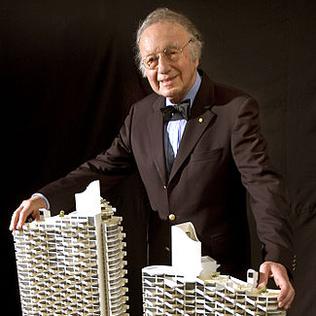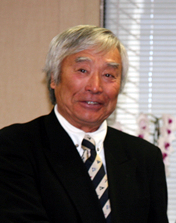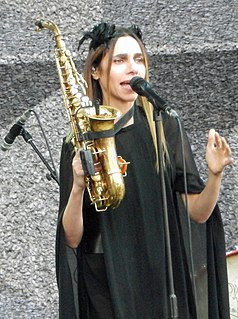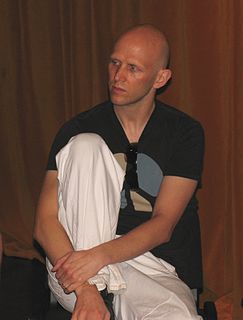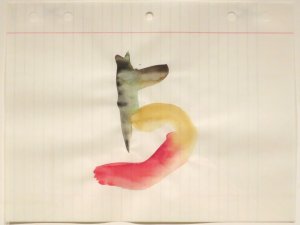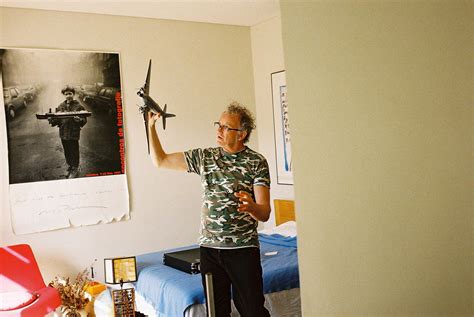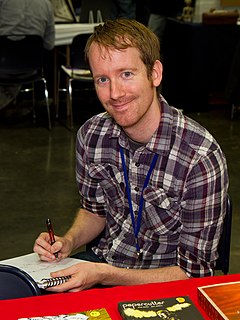A Quote by Harry Seidler
At the age of 80, I'm becoming a visual artist. This could be my rebirth.
Quote Topics
Related Quotes
If you're going to be a visual artist, then there has to be something in the work that accounts for the possibility of the invisible, the opposite of the visual experience. That's why it's not like a table or a car or something. I think that that might even be hard for people because most of our visual experiences are of tables. It has no business being anything else but a table. But a painting or a sculpture really exists somewhere between itself, what it is, and what it is not-you know, the very thing. And how the artist engineers or manages that is the question.
I am an artist. For me, a picture is like poetry. When you make art, this is not coming from an intellectual place. It's coming from the deep side of your unconscious, your soul. And you are like in some kind of possession, where you are doing anything to get the visual. You become another person. You're becoming an artist in action. And then a lot of miracles come. A lot of discovering. It's a very complicated thing.
The visual world has blown up, the world of writing has blown up; there's so much text online. Anyone and everyone can express themselves. It's a lot to think about as an artist. Also, that the persona of the artist might actually be of some importance. When I came of age, it was important to be quiet and hang back and be mysterious. I knew artists who didn't even want to show up at their own openings. They never wanted to have their picture taken, didn't want to autograph a book, didn't want to answer a question. I came of age in a world where it was "Let the work speak for itself."
[My photography teacher] gave me the Mexican Day Books of Edward Weston and just blew me away with this work. The fact that you could be this fabulous visual artist, with all this milieu of people like Diego Rivera and you could sleep with these gorgeous, amazing women, that you could live that life - that photography could deliver you that life.
